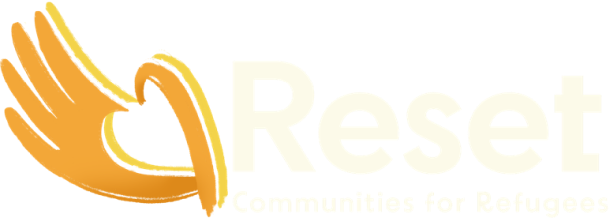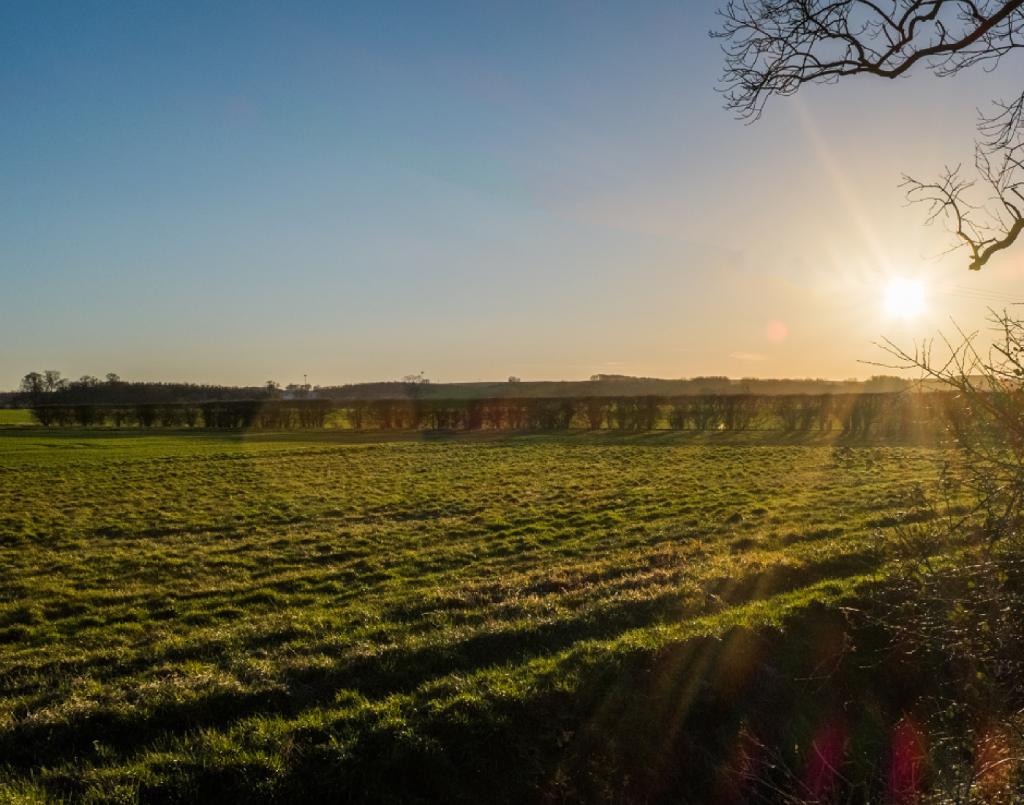Zahar and Lena were forced to flee Syria with their children when their neighbourhood was heavily bombed.
“By the time we left the neighbourhood, there was no one there anymore,” Zahar tells us.
They fled across the border to Jordan where they spent the next 6 years.
“The Jordanian people were really nice, really welcoming. But it’s a small country and the economy is not strong. It’s hard to find jobs – even for Jordanians,” Zahar explains.
“There was no way for us to build a future there,” Lena adds. “Particularly for our children. We knew we needed to leave, and we applied for resettlement.”
Eventually they got a call from the UN refugee agency explaining that they had been identified for resettlement to the UK and asking if they wanted to accept this opportunity. Zahar and Lena said yes straight away, but it was a bittersweet time. Zahar explains why:
“Most of our extended family had also fled to Jordan from Syria. So although many things were hard about life in Jordan, we were still surrounded by our family. It was very hard to say goodbye. Our family were sad that we would be separated, but they were also pleased for us. All Syrians in Jordan and Lebanon are looking for a way to be resettled, and they would be happy for any Syrian that gets this opportunity. So we had mixed emotions, but we knew this was the right thing to do for our children.”
When Zahar, Lena and their children arrived at their new home in the UK, one of the first things that they noticed was that they didn’t have any neighbours from a similar cultural background.
“We thought about leaving the town and going somewhere else,” Zahar tells us. “I knew lots of Syrians who had been resettled in the UK, but we weren’t near any of them.”
“I wondered why I’d done this to myself,” Lena remembers. “I missed my family.”
Zahar explains that very shortly after they arrived, the UK went into lockdown for the first time as the Covid-19 pandemic got underway.
“Our Community Sponsors were really understanding and helpful. They said that they supported us fully in whatever decision we made – whether we decided to stay here or move away – and they would help us as much as they could. But they also advised us to wait to make up our minds until the Covid situation had settled down as it was not an easy time to move house.”
Slowly things turned around. For Lena, a big turning point was seeing her children start school.
“I saw how the level of education is better and how well the schools were looking after the children. It reminded me why we’d made this move.”
She and Zahar also got to know the people in the area.
“The people who live here are good and nice. We know them, and they know us,” Lena tells us.

